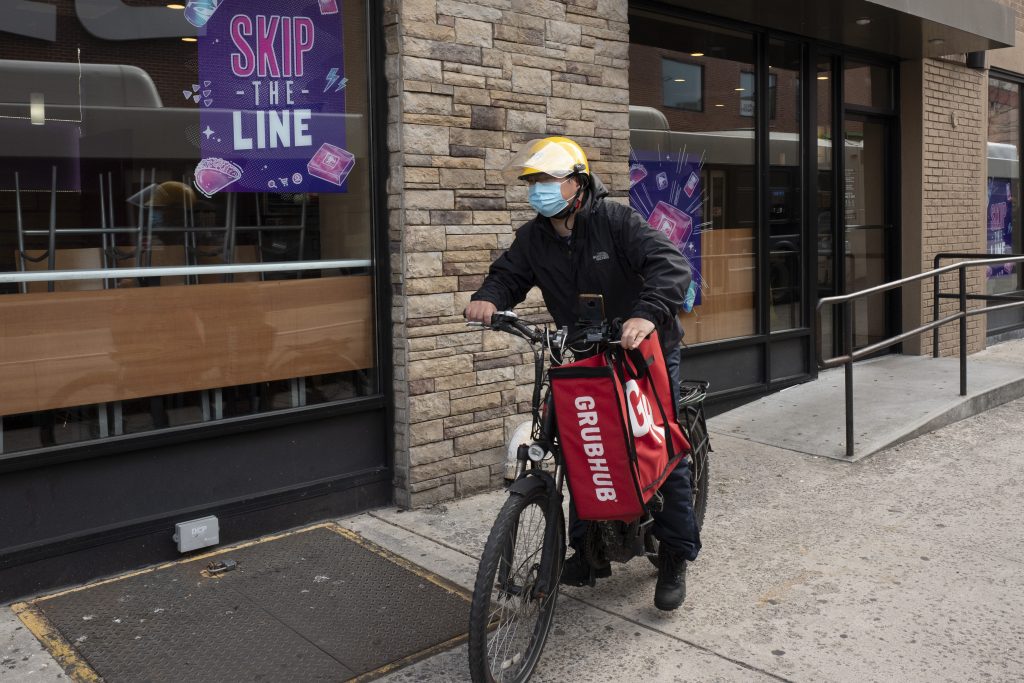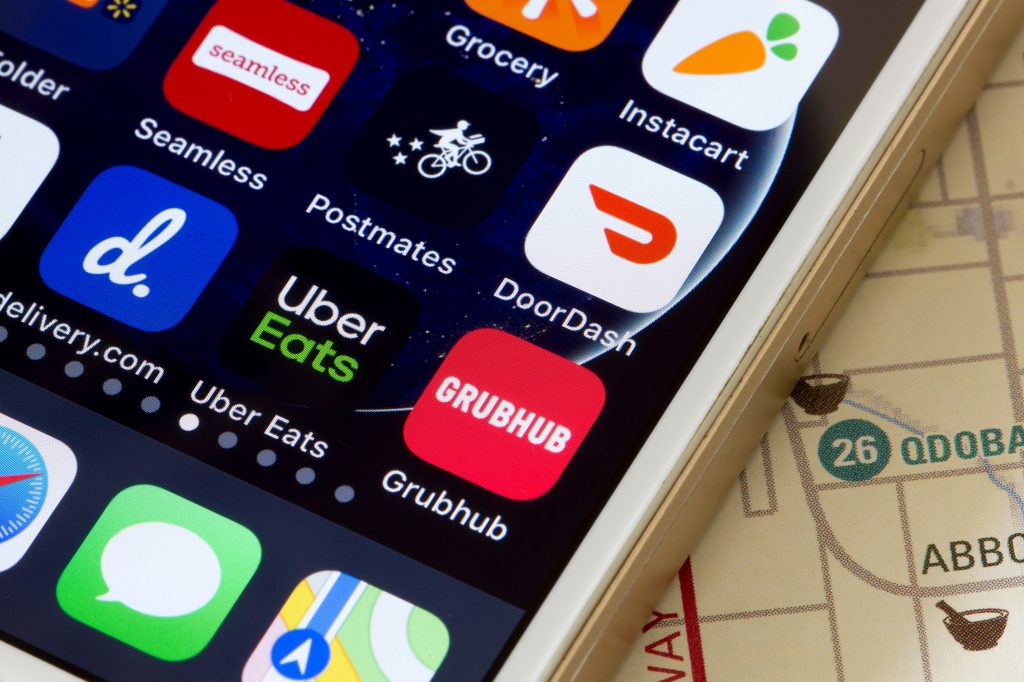Seattle’s city council recently approved legislation to mandate a minimum wage for workers who deliver food and other items for companies such as DoorDash and UberEats. During a May 31 session, the council voted unanimously in favor of the “Pay Up” bill, which requires these delivery companies to pay their employees at least $17.27 per hour, which is equivalent to Seattle’s minimum wage.
City Councilmember Lisa Herbold told KING 5 News that the approved legislation is a step to help app-based delivery workers get on an equal financial footing in a region of the country known for its high cost of living.
“We live in an expensive city; many delivery workers earn below the minimum wage after expenses and tips are accounted for,” Herbold said. “App-based work is one of the fastest-growing sectors of our economy with more workers turning to this type of work. The passage of this legislation will help tens of thousands of delivery workers make ends meet while maintaining their flexibility.”

Before the city council vote, a labor group called Working Washington released a study that looked at the popularity of so-called gig workers, such as DoorDash drivers, and the wage gap between these independent contractors and other workers around Seattle.
In a statement accompanying the economic study, Working Washington reported that 92% of gig-delivery jobs in the city paid less than minimum wage, and that the pay for them averaged out to $9.58 an hour “after accounting for costs of mileage, payroll taxes and other basic expenses borne by independent contractors.”
Opponents of the bill, including DoorDash, have argued that it could end up decreasing opportunities for drivers in Seattle, as it may lead to a hike in delivery fees to cover the new mandated wage. The company cited numbers saying that thousands of its customers had contacted the Seattle City Council to voice their displeasure at that prospect.

Seattle’s “Pay Up” initiative is actually a package of bills that include:
- A formula to “provide or ensure payment of minimum wage plus expenses with a per-minute and per-mile floor for the engaged time necessary to perform each offer.”
- A measure for more transparency between the gig companies and their workers so it’s more clear which job offers are the best fit for an employee’s needs.
- Protection for workers’ rights to choose their jobs and hours.
Herbold shared an informative video highlighting the essential provisions of the “Pay Up” legislation on her official Twitter account.
For more information visit https://t.co/MGhYxlH11l pic.twitter.com/kBvf53bXsA
— Lisa Herbold (@Lisa_Herbold) April 15, 2022
Seattle Mayor Bruce Harrell told GeekWire in an email he intends to sign the legislation into law.
“Gig workers deserve a fair shake and a fair wage. We’re committed to making Seattle an affordable city where workers can thrive,” Harrell told the website.
The new legislation goes into effect in 2023 and includes companies like DoorDash, UberEats and Instacart. However, according to Axios Seattle, drivers for companies such as Rover and TaskRabbit are not covered under this law’s requirements. Meanwhile, gig workers for ride-sharing companies like Uber and Lyft are covered under separate legislation that was passed by the city in 2019.
This story originally appeared on Don't Waste Your Money. Checkout Don't Waste Your Money for product reviews and other great ideas to save and make money.


